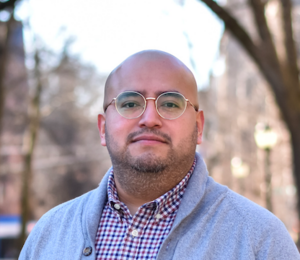Written by Miki and the prize recipients.
Allow me to share the Math department’s congratulations to all of our graduating seniors - we are so proud of you!
This year’s Math graduation party took place in the afternoon on Monday, May 22. We are thrilled that many of our seniors and their families were able to join us for the celebration. It was wonderful to see all of you.
During the event, we announced this year’s mathematics prizes , given out by Prof. Andrew Neitzke, and by Hamilton Wan (last year’s recipient of the Stanley prize). Per our tradition, each prize recipient shared an anecdote from their time at Yale.
For this article, they wrote a few lines about their plans, and shared advice for new math majors:
The DeForest prizes for proficiency in pure and applied mathematics are awarded to Ethan Pesikoff ‘23 and Wenrui Kong ‘23.
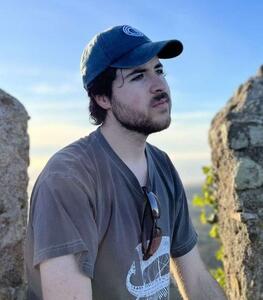
Ethan will be pursuing a MASt in Pure Mathematics at Cambridge next year before starting his PhD in math at the University of Chicago in fall 2024. During this summer, he looks forward to both his gig at Jane street and travelling abroad, which will likely include backpacking in the Austrian alps. Hopefully, he’ll find time in grad school to continue playing the piano and studying languages he likes.
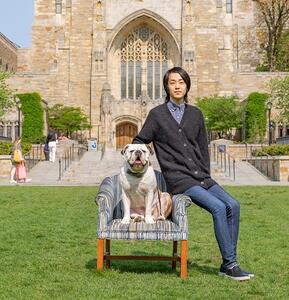
The Anthony D. Stanley memorial prize, given out to a junior for excellence in pure and applied mathematics, is awarded to Erica Weiler ‘24.
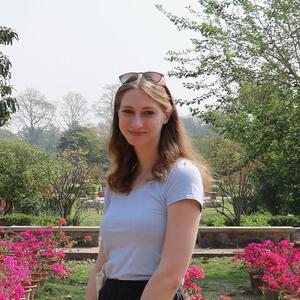
Erica will be doing an internship at Goldman Sachs in New York City this summer, and she is looking forward to spending time with her friends and family, as well as hopefully finding time to draw.
The George Beckwith prize for proficiency in astronomy or mathematics is awarded to Jack Miller ‘24.
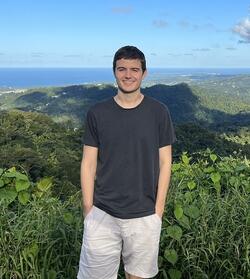
Jack is excited by number theory, and is interested in pursuing this subject as well as adjacent fields of math in graduate school. This summer, he looks forward to making new friends in math, going on long hikes, and learning how to touch his toes.
The John Alan Lewis Summer Research Fellowship is awarded to a winning proposal by an undergraduate student majoring in mathematics who wishes to pursue their studies over the summer. This year’s fellowship is awarded to Rudy Cordero.
